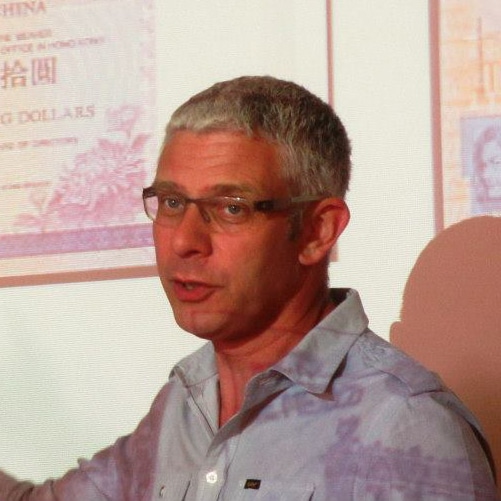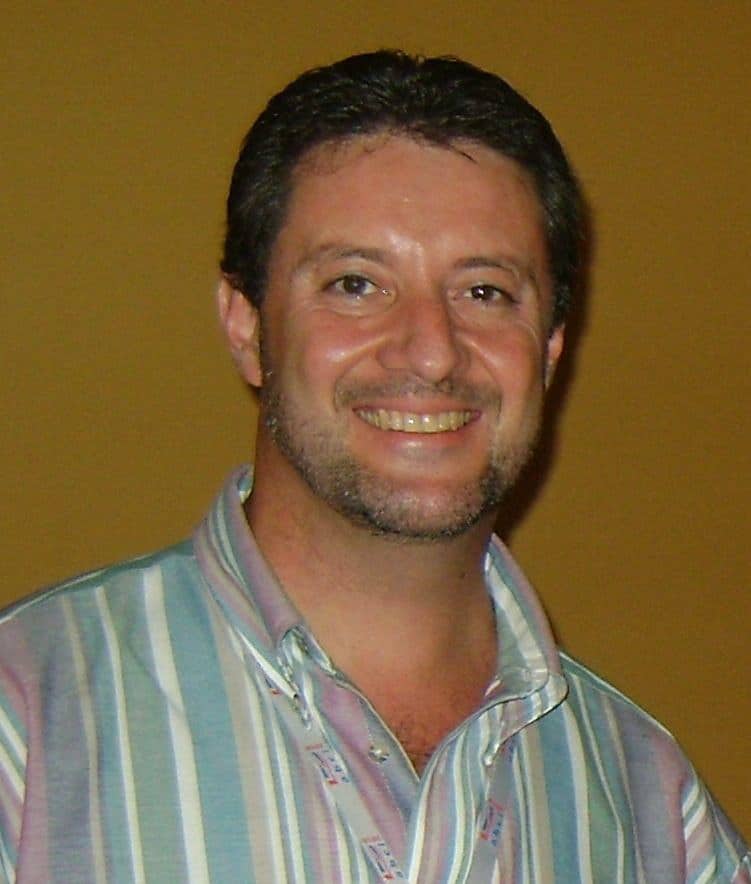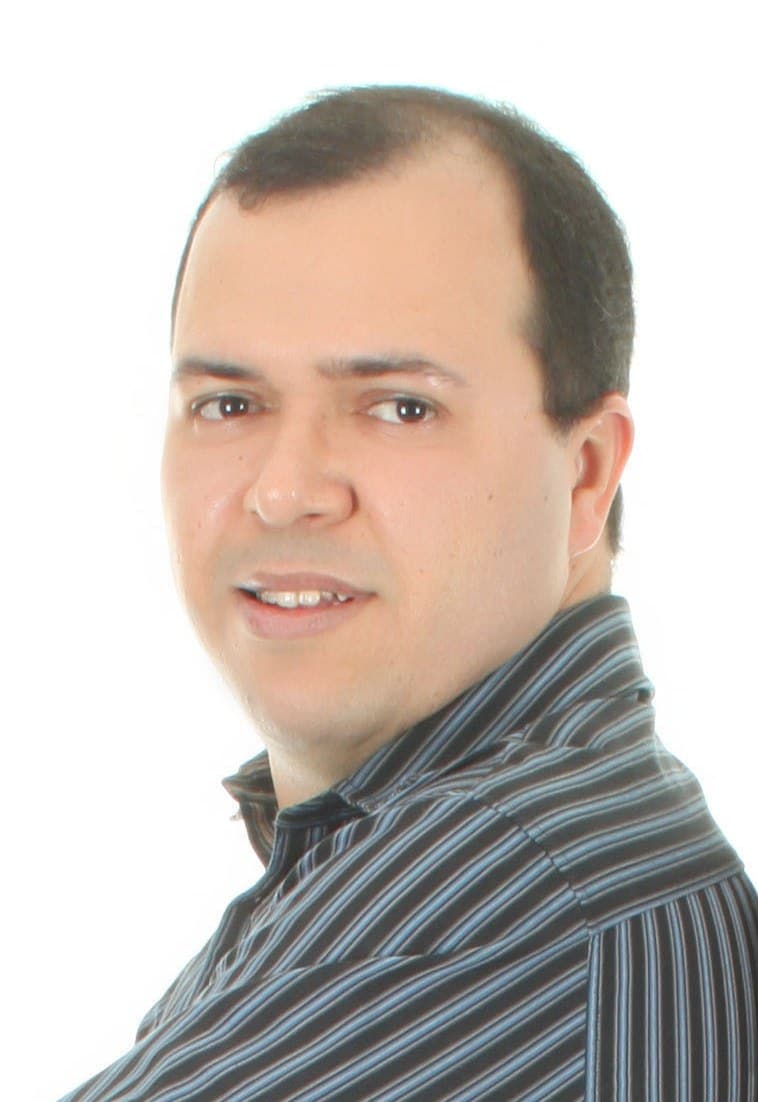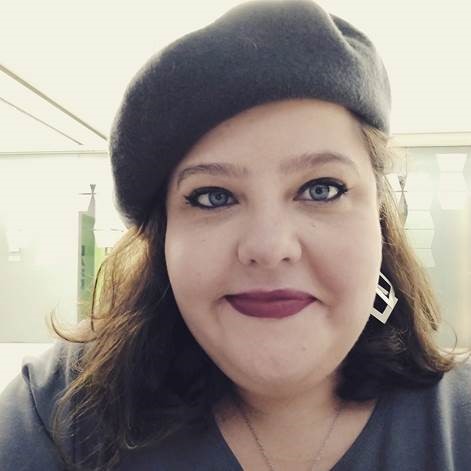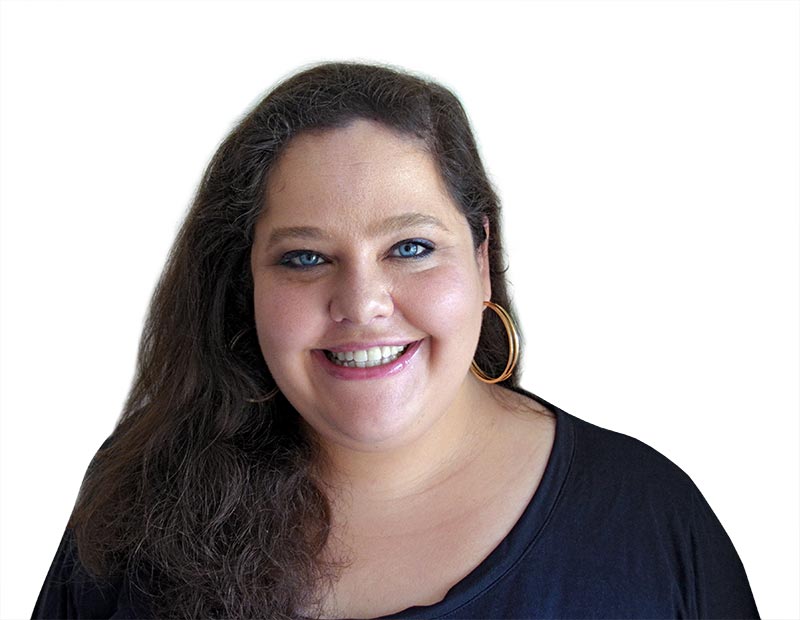Extracting a lot from a little II: “A relaxing cup of café con leche”
This is the second of my posts which focus on drawing big conclusions from small details of language use. In the previous one we saw how the minimum of text, when combined with the right kinds of images, can generate a lot of different activities. This time round, we’re going to look at the intense, perhaps disproportionate, public reaction to a speech and a particular phrase used in that speech.
The speech in question was given by the Mayor of Madrid, Ana Botella, at the 2020 International Olympic Committee (IOC) meeting held in Buenos Aires in September 2013. Madrid was hoping to be chosen as the host city for the 2020 Games, in the end the vote went to Tokyo.
Already an unpopular figure, Botella’s overly rehearsed speech in English received an enormous amount of criticism both in official Spanish media and online. It wasn’t long before videos of the speech went viral on You Tube. At the time of writing, just one upload there has been seen 2.5 million times and received 45,000 comments. You can check it out for yourself here
Much of the criticism was based on her strong Spanish accent and intonation, but what also captured YouTubers’ attention was the following phrase used in the context of selling Madrid to IOC members: “There is nothing quite like a relaxing cup of café con leche en Plaza Mayor”.
Many commentators on YouTube ridiculed Botella’s use of this inserted Spanish phrase in a speech given in English. What fascinated me was how one seemingly insignificant phrase could trigger such outright abuse. This is partly due to the shame felt by many Spaniards when hearing Botella: for the Spanish her speech only reminded the world of how poorly their country speaks English – the “café con leche” was the last straw! No wonder the Olympics went to Tokyo, they fumed.
But, interestingly not all the You Tube commentators attacked the speech, there were also more thoughtful remarks – comparing Botella’s English with their own or with others in the public eye. Interesting conclusions were extracted about translation and code-switching, the reason to use English in the first place, the pros and cons of reading from a script or learning off by heart. All this is I see as very healthy – an analysis of language use in the unlikely scenario of You Tube.
However, in my opinion, the majority of commentators rather missed the point of Botella’s intervention. The comments tended to focus on the language and accent, the critics obsessing about this particular phrase. (By the way, there are now apps and downloadable games called “A Relaxing Café con Leche” and any number of parodies on YouTube.) What struck me most about the speech was how inauthentic it was. Ana Botella clearly knew her lines but had no ownership of what she was saying. There was a mismatch between the message and the way this message was conveyed. Botella seems to not really believe what she is saying. Although fluent and largely accurate, the delivery is all wrong.
This short speech led to enormous controversy and debate particularly online but, as I have hoped to show here, it also raises interesting and unexpected questions about language choice and the decision to code-switch, ownership and delivery of content and the accuracy/fluency debate – all within a world context in which English is clearly the Lingua Franca.
My advice is to look out for critical moments like this in popular media. (Consider, for example, other role models in the public eye who speak English). You never know what you might be able to extract from the smallest detail of communicative behaviour.

